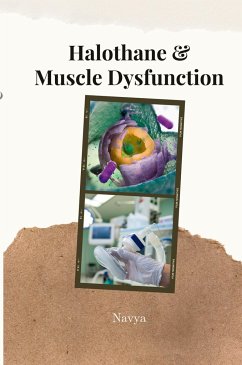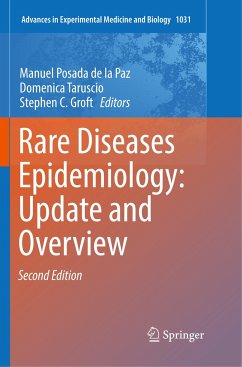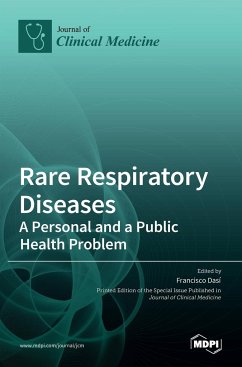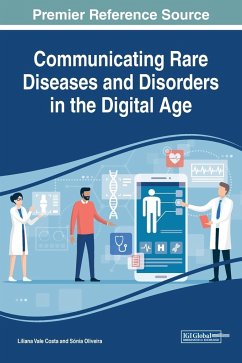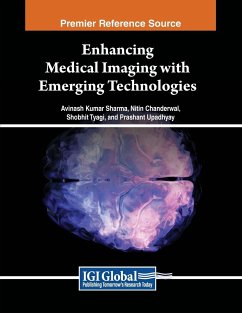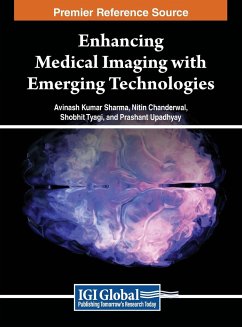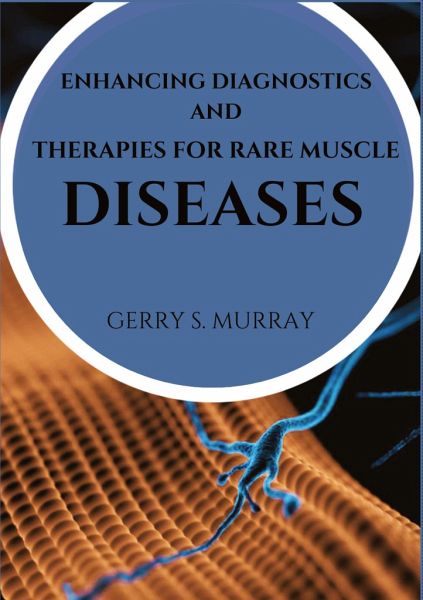
Enhancing diagnostics and therapies for rare muscle diseases
Versandkostenfrei!
Versandfertig in 6-10 Tagen
27,00 €
inkl. MwSt.

PAYBACK Punkte
0 °P sammeln!
Rare diseases encompass a diverse group of disorders, often characterized by their low prevalence and complex etiology. They affect 3.5% - 5.9% of the worldwidepopulation, of which 72% are genetic 1. The basis of any kind of treatment is diagnosis. However, the diagnostics of rare genetic diseases present significant challenges in clinical practice. Until recently, the process of obtaining an accurate diagnosis for rare disease patients typically took an average of 4-5 years 2, with many individuals remaining undiagnosed 3,4. Lack of an accurate diagnosis hinders subsequent treatment developme...
Rare diseases encompass a diverse group of disorders, often characterized by their low prevalence and complex etiology. They affect 3.5% - 5.9% of the worldwidepopulation, of which 72% are genetic 1. The basis of any kind of treatment is diagnosis. However, the diagnostics of rare genetic diseases present significant challenges in clinical practice. Until recently, the process of obtaining an accurate diagnosis for rare disease patients typically took an average of 4-5 years 2, with many individuals remaining undiagnosed 3,4. Lack of an accurate diagnosis hinders subsequent treatment development and patients' disease management and family planning 5. Understanding and addressing the challenges involved in rare disease diagnostics are essential for the advancement of diagnostic practices and the enhancement of patient outcomes





